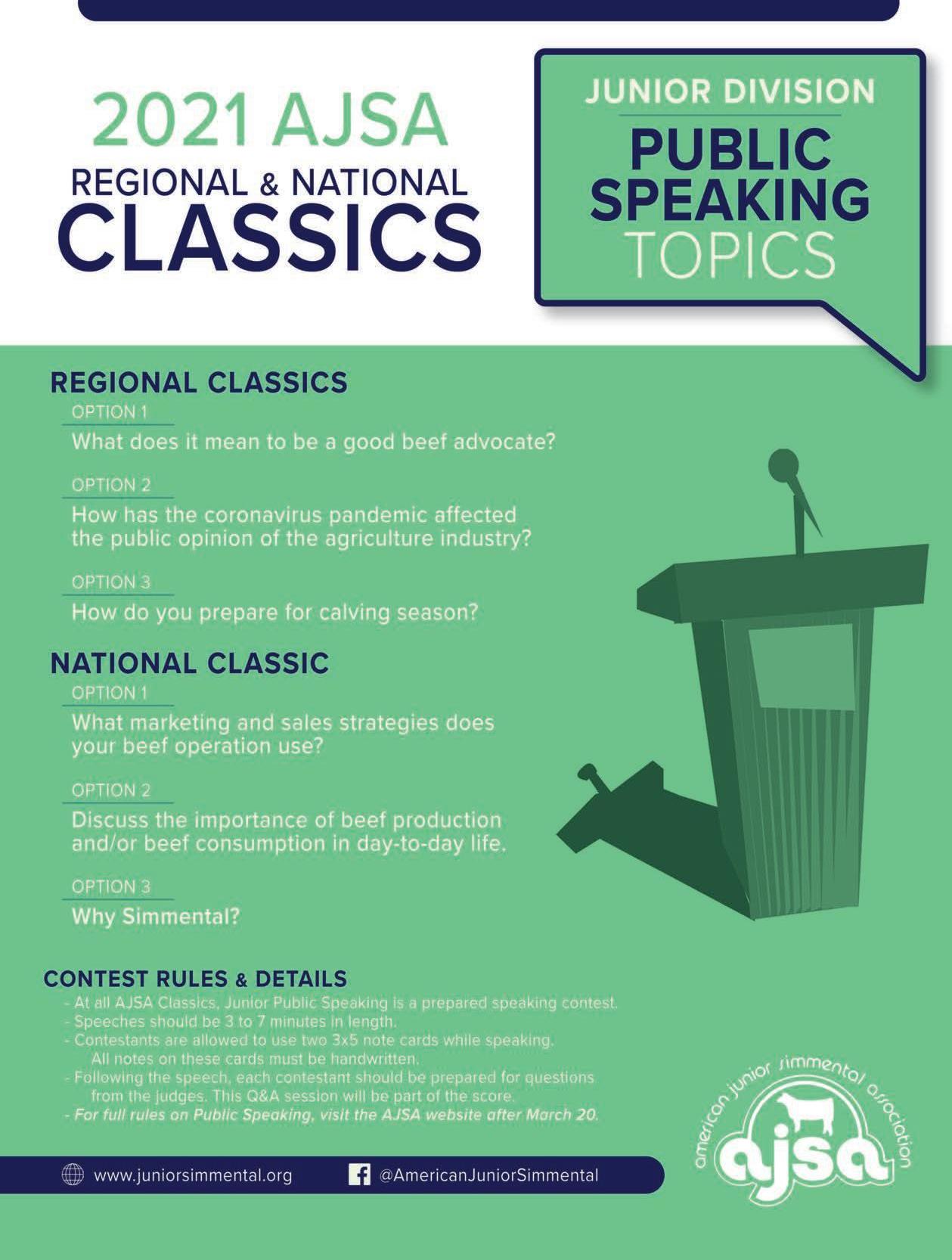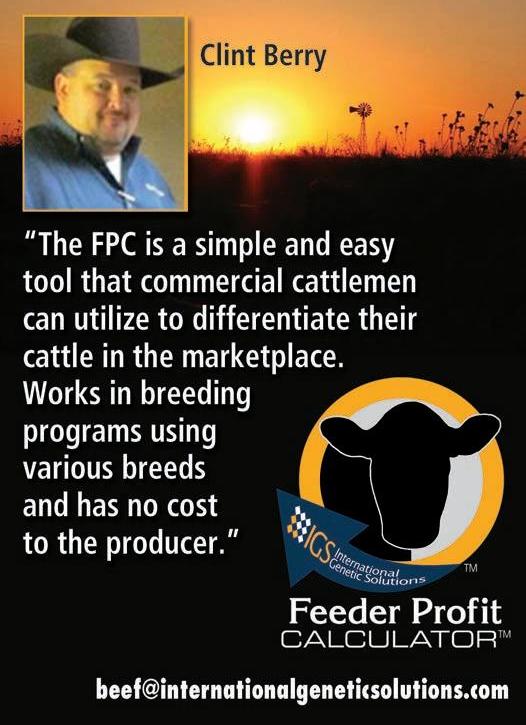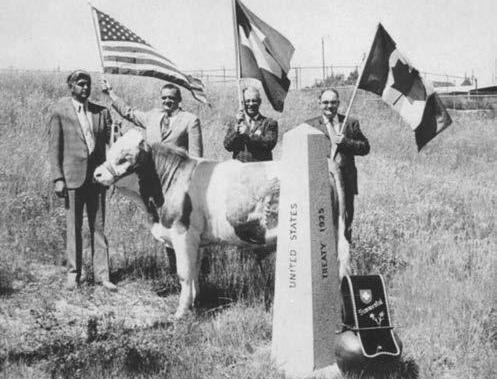
3 minute read
Corporate Report
Crop Insurance Protects Farmers, Rural Communities
US crop insurance policies protected the country’s farmers and ranchers and ensured that rural communities stayed strong in the face of the COVID-19 pandemic, tornadoes, hurricanes, and political unrest. In all, those policies protected 398 million acres of land in 2020.
In her opening remarks at the crop insurance industry’s annual meeting, Kendall Jones, chair of the National Crop Insurance Services (NCIS) and president and CEO of ProAg, told the group that 2020 had been a challenging year for our country. But crop insurers rose to the challenge and provided stability to rural communities.
“We are in the crisis business,” Jones said. “So, it is not surprising that we performed extremely well over the last year, helping America’s farmers and ranchers mitigate their risks, continue their essential work, and keep the world fed.
“From floods and wildfires to hurricanes and even the derecho in Iowa” she continued, “we were there to help our customers pick up the pieces in an unprecedented time of hardships created by lost crops, lost customers, and lost markets in the US and overseas.” To date, the crop insurance industry has delivered $7.4 billion in indemnities to help farmers rebuild. This includes a brand-new insurance product that is tailored to hurricane protection — a product that was triggered by eight separate weather events during last year’s unprecedented string of hurricanes.
“Our industry works with our government partners and leverages the efficiency of the private sector to make sure farmers and ranchers get payments on time,” Jones said. “This keeps agriculture growing after disaster strikes and quickly stabilizes rural economies.”
During the annual meeting, which was held virtually this year, Jones told attendees that agriculture has the unique power to unite lawmakers on both sides of the aisle. “Elected officials on the right of the political spectrum often emphasize the importance of vibrant rural businesses, reducing risk, keeping taxpayer costs low and expanding the economy,” Jones said. “On the left, lawmakers also tout a healthy economy and place an emphasis on sound science, sustainability, and giving those in need a helping hand. That sounds just like crop insurance to me.” Jones concluded by taking time to applaud many of the behind-the-scenes industry initiatives that often go unrecognized. This includes collecting and analyzing mountains of data and conducting new research to continually improve operations and customer service. She also highlighted industry investments over the past decade to provide free business training to socially disadvantaged farmers and award scholarships to minority students attending 1890 Land Grant Universities.

JBS USA Offers Free Two-Year College Tuition for Workers
JBS USA and Pilgrim’s have announced the launch of Better Futures, a free two-year college tuition program providing more than 66,000 company employees and their dependent children with an opportunity to pursue a higher education. Also included are advisors to help team members, many from first-generation American families, navigate the application process. To be eligible, team members need only to have worked with JBS USA and Pilgrim’s for the last six months and remain in good standing with the company through completion of their education. Tuition is paid up front by the company, team members will not need to take out loans to cover tuition, and people can pursue whatever program they choose. If there is a facility where a college is not conveniently located, the companies will provide an online community college option. The company is establishing long-term partnerships with community colleges in parts of the country where it operates at a time when community college enrollment rates are shrinking across rural America. As a large employer in many rural communities, JBS USA and Pilgrim’s believe providing free access to community college and technical training programs can help play a role to sustainably build rural economies and make a lasting and meaningful difference in people’s lives. Many of the program participants will be first-generation college students, and the companies are actively promoting the program with their workforce in multiple languages to encourage participation. The first class of students will be eligible for the upcoming 2021–22 school year. ■










